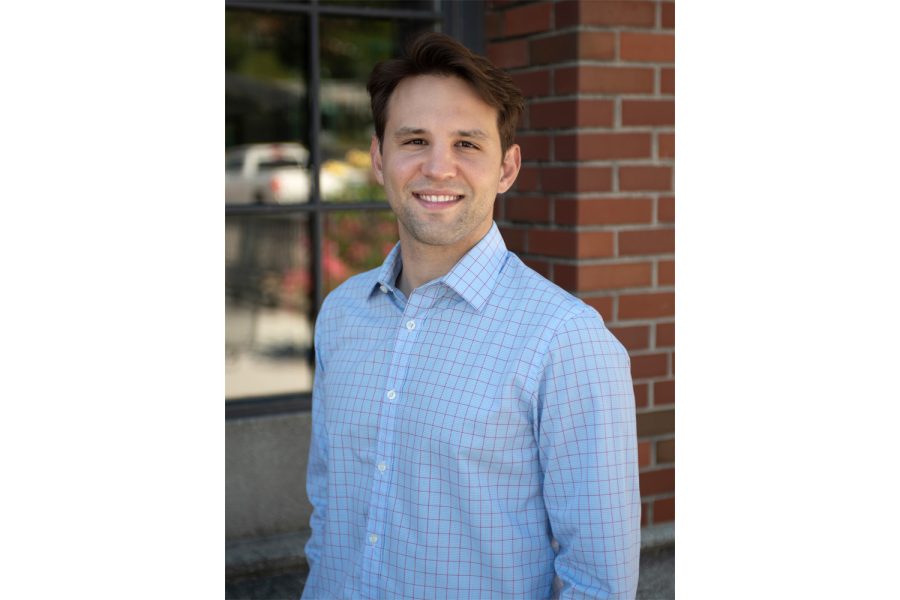Online game framework could help Iowa cities make future ethical decisions on flood prevention
A mitigation game called, “Water Ethics Web Engine,” created by a University of Iowa graduate student could help cities make ethical decisions on flood prevention and management based on their citizens’ priorities.
December 8, 2021
An online would-you-rather style game, developed by a University of Iowa graduate student, could provide municipalities in Iowa with an ethical framework for flood control methods.
The mitigation game, titled “Water Ethics Web Engine” is a data framework that shows what a group of people would rather do in the event of a flood. The game was released recently, but research for it started in 2019. It is the first framework and game of its kind.
The answers provided in the game are meant to help decision makers understand the ethical standing of citizens when creating an action plan against a forecasted flood.
Gregory Ewing, a UI graduate student and the developer of the game, said flood mitigation technology is advancing rapidly. He said the game was developed to ensure ethical uses of the new technology.
People can control where the flooding occurs, where to release water from dams, and specifically how much water.
Because the specificity is controlled by artificial intelligence or algorithms created by other scientists, more ethical questions arise when flood action plans are discussed, Ewing said. He said one of the reasons he developed the game was to answer where flooding causes the least amount of harm.
“You’re left with this question, ‘Well what if there’s a flood, how should this algorithm make a decision based on what humans want?’” he said.
Ibrahim Demir, UI associate professor of civil and environmental engineering and electrical and computer engineering and associate researcher at Iowa Institute of Hydraulic Research, oversees the project.
He said one of the challenges of being an engineer is considering how ethical a decision is, particularly with flood control.
“For engineers it’s not just an environmental, economically, or even social challenge, it is also an ethical dilemma,” Demir said.
RELATED: Coralville awarded flood mitigation grant
The game is made up of several would-you-rather styled questions. The quiz taker is required to choose between two scenarios and decide which one is more ethical to them. There is no right or wrong answer.
One question asks if the participant would rather flood an elementary school or flood a corporate chemical plant. For each choice, the participant is provided with a scaled rating of the kind of damages that could be caused.
After the participant is finished with the quiz, they are shown different sliding scale graphics of how their answers compare to the answers other participants provided. It determines if the participant cared more or less about environmental impacts, private costs, deaths or injuries, or federal and state costs.
The compiled data can be used later to help determine where decision-makers should focus more flood prevention measures quickly, based on what citizens feel is more ethical.
Ewing said he made the framework flexible so that it can be changed to decision-makers’ needs. The questions can be changed to other natural disaster situations, like wildfires, he said.
Ewing said he hopes this framework can help decision-makers respond more quickly and more impactfully in the future.
“You theoretically can use this model to make decisions in response to what the priorities are for the people that will be affected,” he said.
Ewing said the framework can be used for other natural disasters, not just flooding. But decision-makers should not see this data framework as the only solution to the ethical dilemmas that arise surrounding natural disasters, he said.
They should still consult the other guidelines and resources available to them when faced with these events, he said.
“This is only a fraction of what can be done in response to floods,” he said. “You can’t just say ‘welp we got it, wash your hands,’ and say it’s perfect.”














